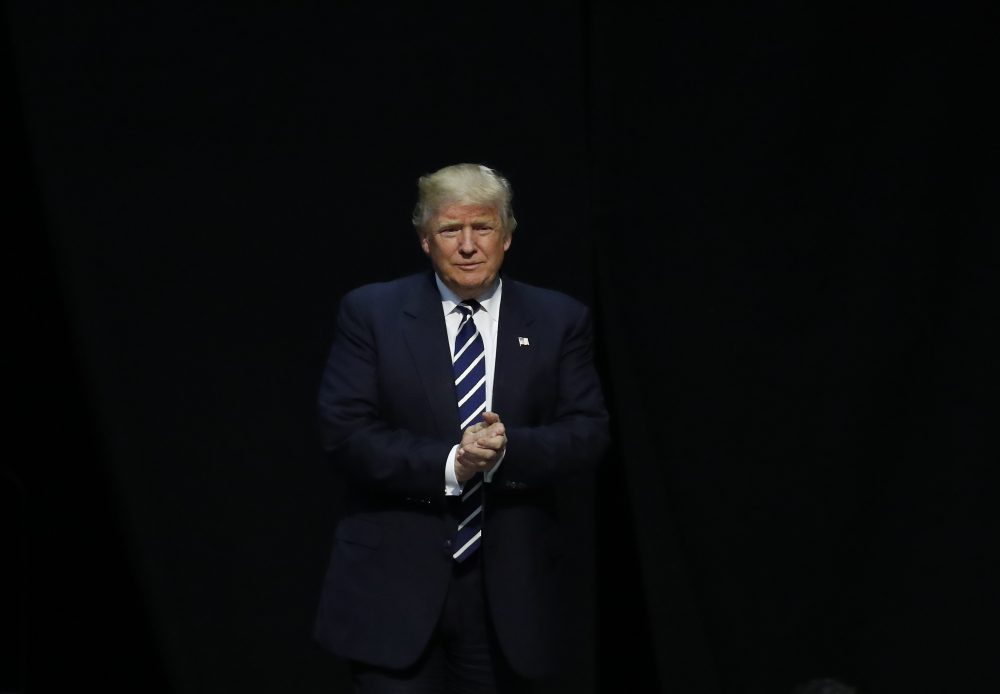Advertisement
Bill Would Bar Presidential Candidates From Appearing On Mass. Ballot Unless They Release Tax Returns

A lawmaker in Massachusetts is proposing that future presidential candidates be barred from appearing on the state's ballots unless they release their tax returns.
State Sen. Michael Barrett, a Democrat from Lexington, referenced President-elect Donald Trump's refusal to make his tax returns public in announcing Tuesday his intention to file the bill for the next legislative session.
But, he told WBUR, "we're not getting personal here, we're trying to keep it on the proper plane, but we do want to see disclosure become once again a common practice."
The bill would require major-party candidates to turn over their three most recent tax returns before the Massachusetts presidential primary. Candidates who become their party's nominees must then turn over their five most recent returns prior to the general election.
The Massachusetts secretary of state would be required to make the tax returns public within a month of each vote.
Barrett's bill also would require presidential hopefuls to disclose potential conflicts of interest.
The legislation includes a provision banning state electors from casting votes in the Electoral College for candidates who fail to meet the requirements.
According to Barrett, every major party presidential candidate over the past 36 years has released his or her tax returns, except Trump.
"So let's set reasonable conditions that serve the public interest," he said in a statement.
In the statement, Barrett said his bill was inspired by similar legislation proposed by a New York state senator.
Apparently mindful of potential challenges, Barrett's office indicated that if any portion of his legislation were declared unconstitutional, the remainder of the statute would remain in effect.
With reporting by The Associated Press, State House News Service and the WBUR Newsroom
This article was originally published on December 13, 2016.